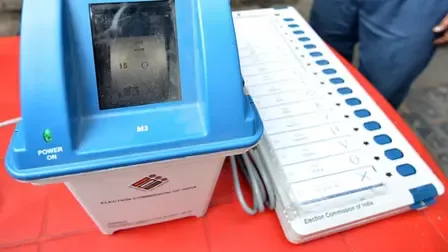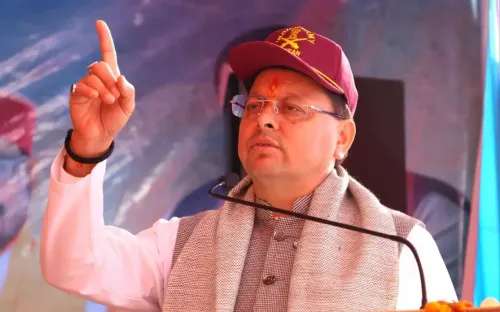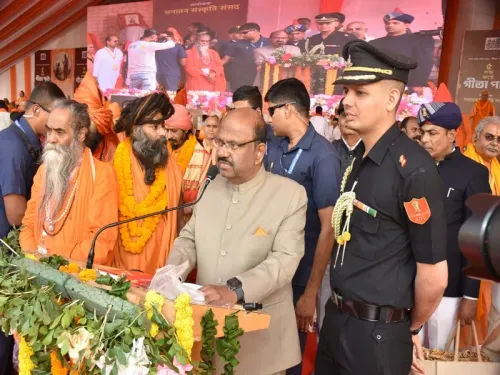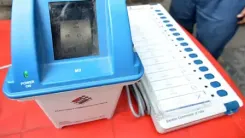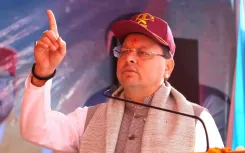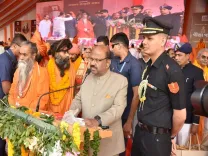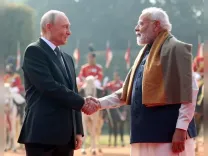Shivraj Singh Chouhan Calls for Empowerment of Small Farmers at BRICS Meeting
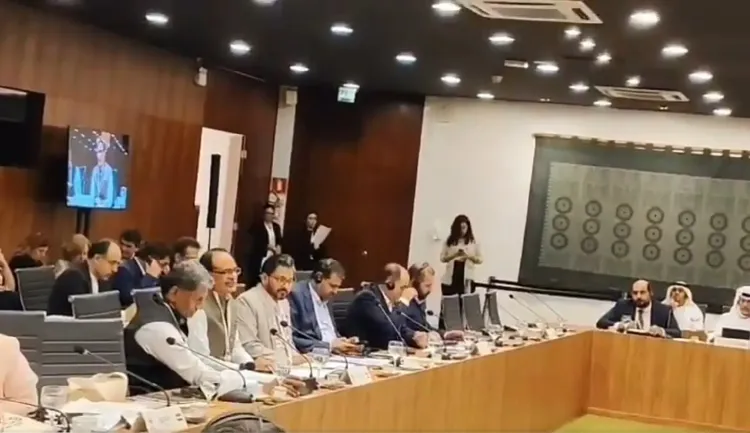
Synopsis
Key Takeaways
- Global strategies must prioritize small and marginal farmers.
- India's agriculture is a source of livelihood, food, and dignity.
- Over 510 million smallholder farmers are crucial to food systems.
- Technological innovations have improved farmer incomes.
- Joint commitments from BRICS nations promote sustainable agriculture.
New Delhi, April 18 (NationPress) There is an urgent requirement to prioritize the welfare of small and marginal farmers within global agricultural strategies, as emphasized by Union Agriculture Minister Shivraj Singh Chouhan. He stated that agriculture in India transcends being an economic pursuit; it serves as a vital source of livelihood, food, and dignity for millions of families.
During the 15th gathering of BRICS Agriculture Ministers in Brasilia, Brazil, India reiterated its dedication to inclusive, equitable, and sustainable agriculture, according to an official announcement made on Friday.
Minister Chouhan highlighted that achieving global food security and rural development objectives would be impossible without the protection and empowerment of small farmers.
He emphasized that the planet’s 510 million smallholder farmers form the backbone of the global food system yet remain the most susceptible to challenges such as climate change, price volatility, and resource scarcity.
Chouhan noted that we cannot abandon smallholders to tackle these issues independently; they require our policy support.
He introduced cluster-based farming, Farmer Producer Organisations (FPOs), cooperative models, and natural farming as effective strategies for the collective empowerment of small farmers and enhancing their market access.
The Minister also pointed out India’s robust food storage and distribution capabilities during the Covid-19 pandemic, which enabled the distribution of free rations to over 800 million individuals.
Furthermore, he discussed technological initiatives such as the Digital Agriculture Mission, AgriStack, drone technology, and Climate-Resilient Villages, illustrating how these advancements have notably enhanced service delivery, transparency, and farmer incomes.
Chouhan also referenced programs like Lakhpati Didi and Drone Didi as testaments to India’s commitment to the social and economic empowerment of rural women, stating: "For India, empowering women socially, economically, and politically is a mission."
In the Joint Declaration, BRICS nations collectively reaffirmed their commitment to establishing a global agri-food system that is fair, inclusive, innovative, and sustainable.
The declaration highlighted pledges towards food security, climate adaptation, women's and youth empowerment, sustainable fisheries and livestock development, soil and land restoration, digital agriculture certification, and the enhancement of financial and trade mechanisms for the agricultural economies of the Global South.
The formal announcement of the BRICS Land Restoration Partnership further solidified the group’s unified commitment to combat land degradation and desertification.


